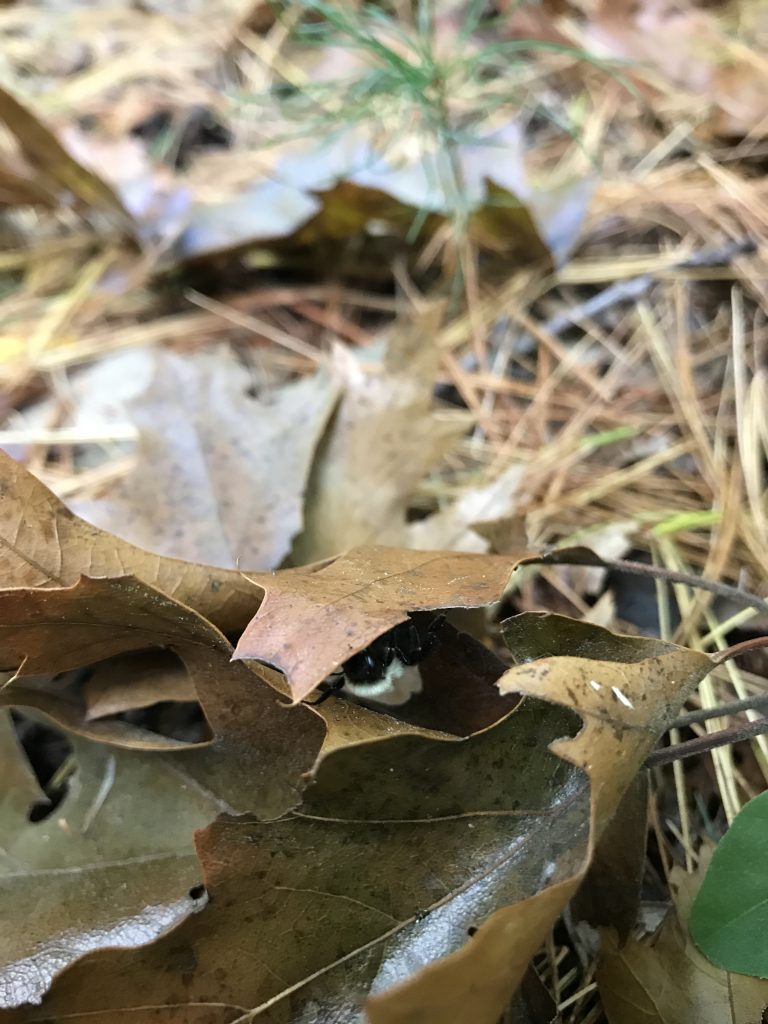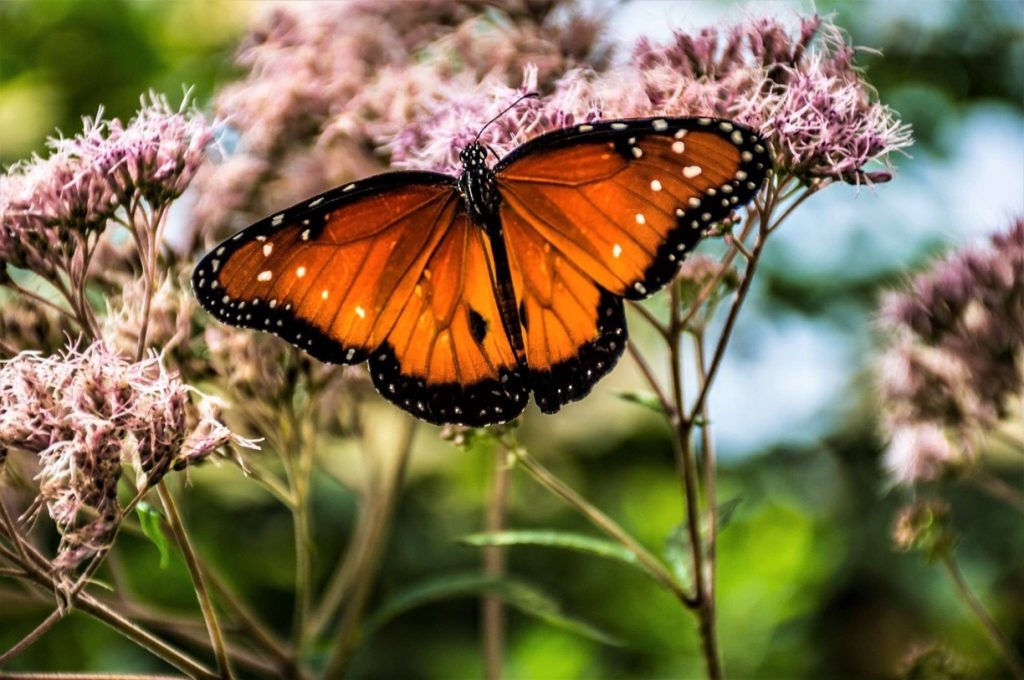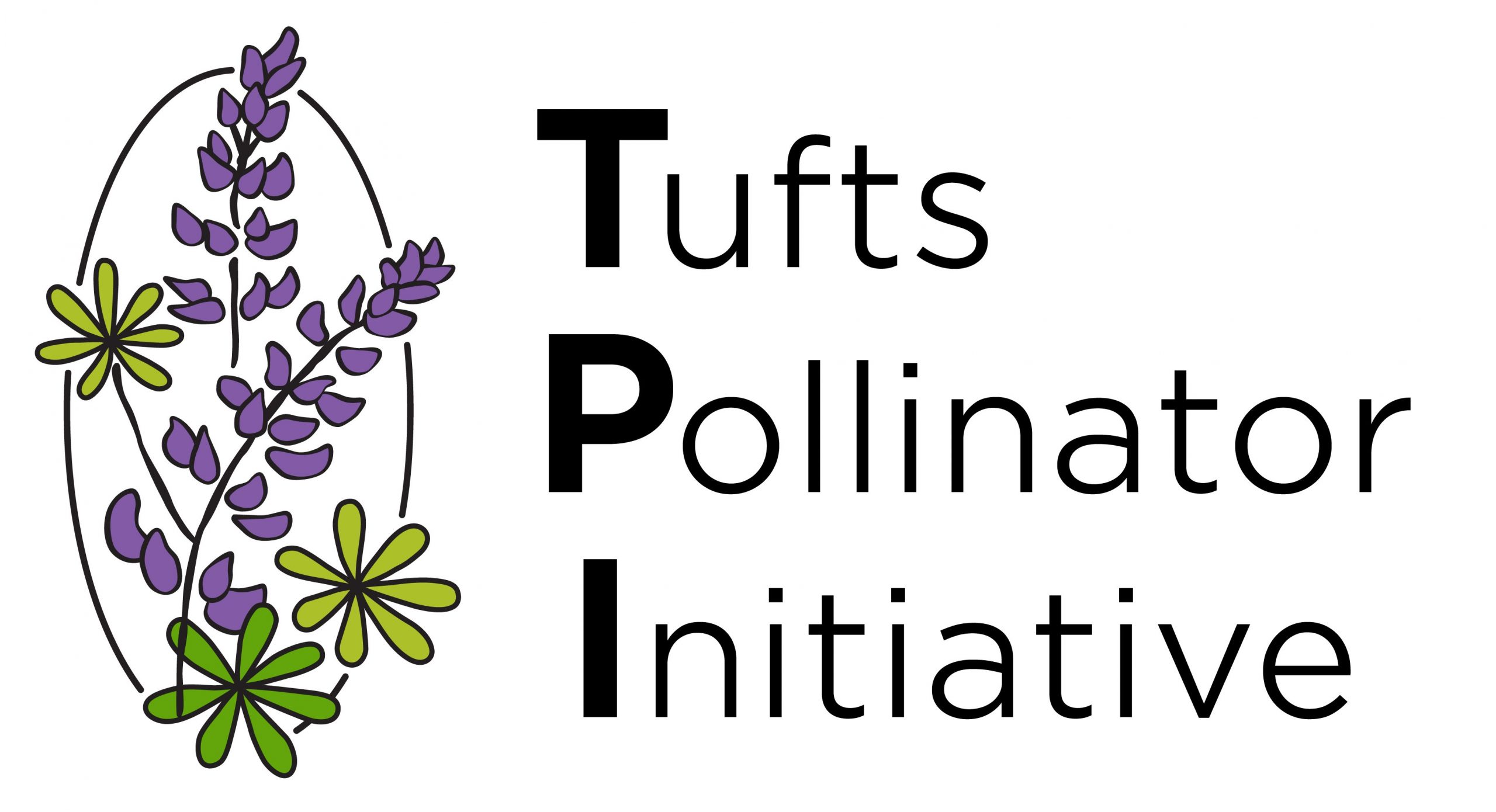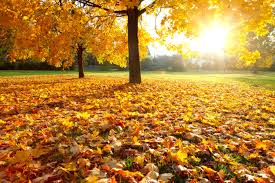by Jessie Thuma
Fall is finally here, and with it comes a sense of new beginning and fresh starts. There’s no better time to try something different, and what better place to start than in your own backyard? This year, start a new tradition: stop the raking and leave the leaves to reclaim habitat for the bees, butterflies, moths, flies and beetles that we rely on for pollination!
In 2005, NASA estimated about 40 million acres of U.S. land are devoted to turf lawns, making lawns the largest managed “crop” in the country—and the largest potential pollinator habitat. Pollinators move pollen from plant to plant, keeping flowers blooming in gardens and food growing on farms year after year. But the plants we depend on for food, raw materials, oils, and textiles, require abundant and diverse pollinator populations. As native pollinators decline, in large part due to habitat and floral resource loss, our backyards are the perfect place to start strengthening pollinator communities.

Leaves and plant litter are critical habitat for overwintering pollinators. A mini-ecosystem starts to grow when we minimize yard work: butterflies and moths lay eggs on the undersides of fallen leaves and seek shelter under leaf cover as the days get colder; solitary bees build nests in dead plant stems and old woody material for nesting sites; bumblebee queens hibernate in shallow holes just a few inches below the soil until warmer spring weather arrives. Keeping your lawn pollinator-friendly is cheap, effective, and requires less effort than maintaining the standard leaf-free lawn. By letting nature take its course, we can increase backyard biodiversity and boost pollinator communities that will bolster gardens in the spring!
Native pollinators, including butterflies, bees, and flies, are important to the function of every ecosystem. If you want to support our pollinators, follow these tips:
- Leave the leaves where they fall. Leaf litter provides habitat, insulation, and protection for insect pollinators. It’s also a natural fertilizer for grass as leaves break down during the winter.
- If you can’t leave all the leaves, rake lightly without disturbing the soil. Avoiding soil disturbance or rough handling of leaves will ensure that any hibernating insects stay buried and any butterflies or larvae sheltering under leaves are not killed.
- Pile leaves over garden beds, around trees and shrubs, or in the corner of the yard. Keeping leaves intact will still provide pollinators like butterflies with shelter and overwintering sites. Keep the leaves where they are until the weather warms and any pollinators using the leaves have emerged to start foraging. Bonus: leaves serve as natural mulch for your garden, so you can save pollinators AND money!
- If you choose to remove leaves from your yard, always compost your yard waste. Yard waste produces a greenhouse gas, methane, when left to decompose in landfills without enough oxygen. When burned, yard waste can pollute the air or lead to uncontrolled fires in dry areas. Go online or make a phone call to your local Department of Public Works to find out if curbside yard waste is composted, or to find the nearest compost center near you.
Neighbors upset by the piles of leaves? Explain to your neighbors how leaving the leaves is an easy way to do your part in pollinator conservation—maybe they will want to join you!

Have the itch for yard work but want to help the pollinators? Plant native flowers (or a whole pollinator garden) to make your yard a pollinator hotspot year-round!
Have more questions? Check out this blog post by the Xerces Society to read more about leaving the leaves.



Totally agree and I usually compost my plants or at least many. The ground becomes like walking on a well supported carpet ! And gives moisture to the bottom soil !
❤️❤️❤️❤️❤️❤️❤️❤️❤️❤️❤️I love my butterflies in the lazy days of spring they fall . And my bumblebees
and birds . Gives them a nice home .
I totally agree with this! It’s too easy to fall into peer pressure of getting rid of leaves. Why decrease places where pollinators can find shelter?…cleaning up leaves is more time, more cost, and worse for the environment! Help the environment.
Thanks for the post on composting leaves! I’m glad to see you’re as passionate about this issue as I am.